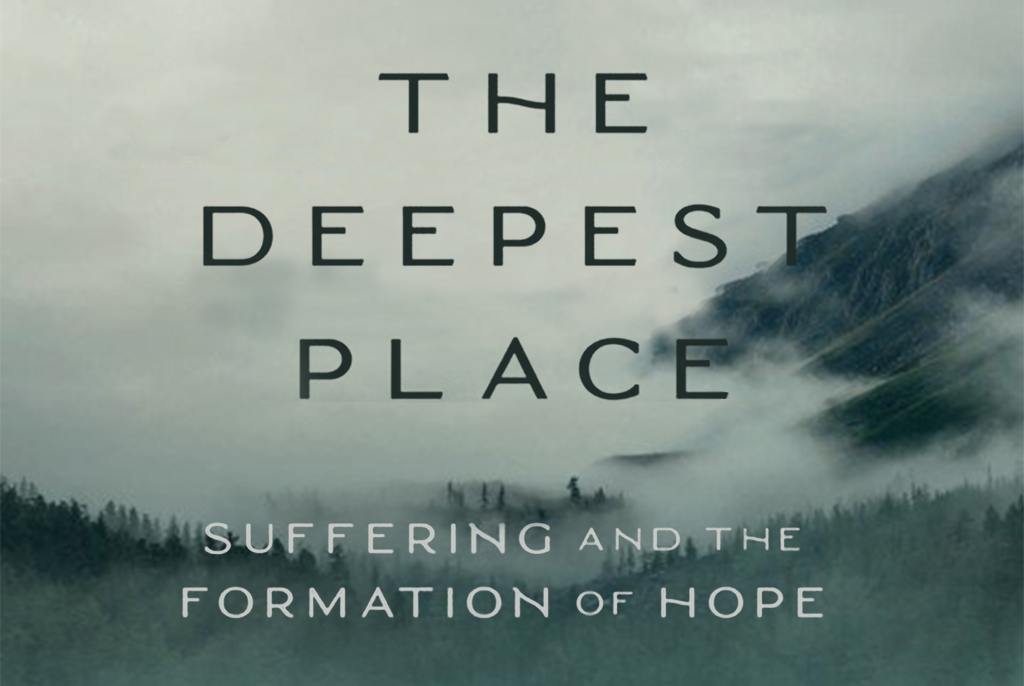10 Finally, be strong in the Lord and in the strength of his might. 11 Put on the whole armor of God, that you may be able to stand against the schemes of the devil. 12 For we do not wrestle against flesh and blood, but against the rulers, against the authorities, against the cosmic powers over this present darkness, against the spiritual forces of evil in the heavenly places. 13 Therefore take up the whole armor of God, that you may be able to withstand in the evil day, and having done all, to stand firm. 14 Stand therefore, having fastened on the belt of truth, and having put on the breastplate of righteousness, 15 and, as shoes for your feet, having put on the readiness given by the gospel of peace. 16 In all circumstances take up the shield of faith, with which you can extinguish all the flaming darts of the evil one; 17 and take the helmet of salvation, and the sword of the Spirit, which is the word of God, 18 praying at all times in the Spirit, with all prayer and supplication. To that end, keep alert with all perseverance, making supplication for all the saints, 19 and also for me, that words may be given to me in opening my mouth boldly to proclaim the mystery of the gospel, 20 for which I am an ambassador in chains, that I may declare it boldly, as I ought to speak.
-Ephesians 6:10-20 (ESV)
The theological doctrine I’ve been taught my whole life is that “God is holy; so holy that He cannot even be in the presence of sin. As such, He can’t look upon it or hear the prayers of sinners.”
We had a retreat for our students, based on Ephesians 6, looking at ways they could “stand” against the enemy in the spiritual battles they face. I was looking for allusions to pieces of armor in scripture to see if they might offer any theological implications on Paul’s use of the Armor of God. Well, I found a few that were noteworthy.
Isaiah 59:14-17 references two pieces of armor, specifically mentioning a breastplate (along with righteousness) and a helmet (with salvation). When I stumbled upon this, I knew it couldn’t be coincidental.
Side note: Isaiah also references feet that are fit with the Gospel (52:17).
I hesitate to say this in such a public forum, but I feel like I need to be transparent—I struggle with shame. I know it’s largely due to the dynamics around my childhood (which is riddled with abandonment and abuse). As a child, I began to seek validation (a feeling of acceptance) from people based on things I had done for them. This idea is at the core of perfectionism, and at the heart of anyone who struggles with it. To be clear, it is something I still struggle with today. Letting go and trusting that something is enough, trusting that I am enough, is incredibly difficult, especially if I know I’m being “graded” on it (whether in class or in ministry).
Somehow, out of my family of origin story and this perfectionism, I developed an implicit sense that when I did “good” (performed well), God accepted me and was close. When I sinned (performed poorly), God was displeased/disappointed with me, turned away and was far from me. Somewhere deep down, I believed I had to earn God’s love. The problem with this rationale is that it is not enough, it will never be enough. It created this push-pull dynamic in my relationship with God, in which I never really felt a sense of security or safety. I knew God “loved” me in the sense that He loves everybody. But I couldn’t wrap my head around the idea of God liking me (i.e., delighting in me).
I struggled to reconcile passages like Romans 8:1—”There is therefore now no condemnation for those who are in Christ Jesus”—with these other Scriptures that were so often used to support this doctrine of God’s holiness and sin (sinners).
As I read the greater context of Isaiah 59, the first couple of verses led me down a rabbit trail. When I read verses 2-3, I recalled this doctrine. It specifically mentions sins or iniquities having made a separation between the people and God, and how their sins have hidden God’s face so that He cannot hear their prayers. Was this it? Was this proof enough to support that doctrine?
Well, this led me to Habakkuk 1:13 — “Your eyes are too pure to look on evil, You cannot tolerate wrongdoing.” This was Habakkuk’s complaint after God showed him that Israel would be attacked (by the Babylonians) and taken into exile. This didn’t fit with his understanding, especially in light of the injustices he saw. As you can imagine, that would be a lot to process, and he’s (verbally) reeling from it all. Habakkuk’s statement (or rant) about God’s purity and holiness was more about the fact that God does not look favorably upon the wicked… not that He couldn’t look upon sin or be in the presence of sinners.
When I went back to Isaiah 59 and re-read those first few verses, I noticed—these verses don’t say that sin changes God’s disposition to us; rather, it is sin that changes our position with God. It may be a matter of semantics, but the nuances are HUGE for me.
I read an article as I researched this topic and it stated that the reason God hates sin so much is because it puts enmity between us and Him. When we choose sin, we turn God into the enemy because He stands in the way of what we want. We make God into the villain; “God, why aren’t you giving me this good thing? You must not care!” So, we put up a wall between us and God in order to chase after those things we want (i.e., sin). Perhaps this is why Scripture says “the wages of this sin is death” (separation), but it’s not God who is the one stepping away.
In my mind, I always understood this separation to be disciplinary in nature, and that God was casting us out of His presence because He was too holy and essentially disgusted by our sins. However, it appears this separation is more of a byproduct of sin. God doesn’t change how He feels about us, but sin changes our feelings towards Him. Granted, there are serious consequences to sin—this is why Jesus had to come—and some of those consequences can’t be undone and we have to live with them. This is where the breastplate of righteousness comes into play, and it is remarkable.
In the Isaiah 59 passage, God is looking for a righteous person to stand up and work on behalf of the people and there is none. Therefore God says, I myself will be the one who steps up and moves to rescue them (see 59:16). When Paul uses this reference in Ephesians 6, he’s making it clear that putting on the breastplate of righteousness isn’t about “doing good deeds,” but about resting in the righteousness that Christ bought for us on the Cross, knowing that I don’t have to strive to be “good enough.” Christ has already done that. And that truly is Good News.
God is holy, absolutely. But, His holiness doesn’t prohibit Him from being in our presence when we sin. In fact, He pursues us even in our sin. We are secure in His love… and His love is relentless. This is why Scripture says, “Nothing can separate us from the love of God that is in Christ Jesus.”







Leave a Reply